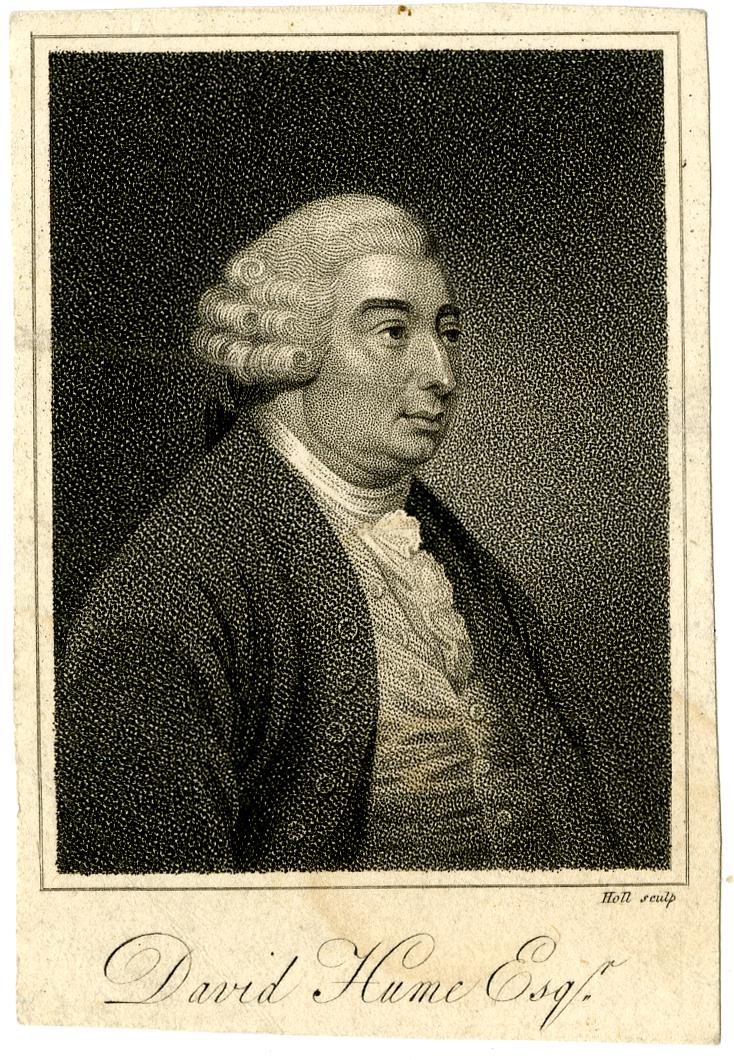Liberty Matters
Messing with Liberty
 Dan Klein asks: "If the signification [liberty] has no resemblance to others not messing with one's stuff, well, what is it?" In the history of the use of the term among philosophers and other writers, "liberty" has been held to mean many things: conceptions of liberty abound. For Locke it meant above all not being enslaved. For many republicans, past and present, it meant having a certain status: that of a free man, with certain rights and duties as a citizen—including political rights. For contemporary republicans, like Philip Pettit, it means not being dominated by others (which, in his account, requires certain social guarantees to individuals to ensure they are not rendered "unfree" by poverty, and regulation to ensure that the powerful are kept in check by institutions that limit their ability to dominate others). For Rousseau and Kant, liberty was enjoyed when one was subject only to laws one gave to oneself (and therefore something not diminished by the collective deciding to regulate one's use of one's property since the laws made by the collective were not the determinations of some alien power but laws that were legitimate because generated by a whole of which one was a part). For yet others, one is free only if the choices one makes are authentically one's own and not the product of some form of social control, whether clumsy (say, brainwashing) or subtle (say, a background culture that shapes one's preferences to reconcile one to a condition of subservience). None of these views suggests that liberty is about not having others messing with one's stuff.
Dan Klein asks: "If the signification [liberty] has no resemblance to others not messing with one's stuff, well, what is it?" In the history of the use of the term among philosophers and other writers, "liberty" has been held to mean many things: conceptions of liberty abound. For Locke it meant above all not being enslaved. For many republicans, past and present, it meant having a certain status: that of a free man, with certain rights and duties as a citizen—including political rights. For contemporary republicans, like Philip Pettit, it means not being dominated by others (which, in his account, requires certain social guarantees to individuals to ensure they are not rendered "unfree" by poverty, and regulation to ensure that the powerful are kept in check by institutions that limit their ability to dominate others). For Rousseau and Kant, liberty was enjoyed when one was subject only to laws one gave to oneself (and therefore something not diminished by the collective deciding to regulate one's use of one's property since the laws made by the collective were not the determinations of some alien power but laws that were legitimate because generated by a whole of which one was a part). For yet others, one is free only if the choices one makes are authentically one's own and not the product of some form of social control, whether clumsy (say, brainwashing) or subtle (say, a background culture that shapes one's preferences to reconcile one to a condition of subservience). None of these views suggests that liberty is about not having others messing with one's stuff.Hobbes offered the most austere definition of liberty by insisting that any impediment to action limited liberty. Thus even the law limited liberty—for example when it forbade theft since that limited the freedom of robbers. For Hobbes, a highwayman who offered his victim a choice between his money and his life did not limit his freedom to the extent that the victim retained the liberty to decide whether he wanted to part with his stuff. This account of liberty may come closest to what might be called "mere liberty," if by that we mean liberty shorn of all moral commitments. Hobbes preferred such parsimony because he feared that putting ethical content into the definition of liberty ran the risk of making liberty the subject of contestation and controversy—another source of quarrel. Bentham followed him in this for different reasons. Hillel Steiner offers a similarly "physicalist" account of liberty today—for different reasons again.
I do not think Hume follows Hobbes in adopting—or even seeking—a simple, unmoralized, definition of liberty (which, to be clear, also comes with difficulties of its own). The problem, then, is to work out what he might mean when he says "liberty" since he does not offer us a definition or extended discussion of the sort we find in other philosophers. The answer, I think, is that he does not mean any one thing by it, and we must look at the context in which he uses the term to work out what he is driving at. At times he clearly thinks liberty has been violated by restrictions on trade or the regulation of certain commercial activities. At other times he is has in mind political liberty, which might not involve any restriction on use of one's property, but clearly limits one's action. He speaks at other times of "public liberty," which refers to something enjoyed when certain institutions prevail, but which again has nothing to do with the security of property—though he does not doubt the importance of the security of property for all kinds of reasons.
Copyright and Fair Use Statement
“Liberty Matters” is the copyright of Liberty Fund, Inc. This material is put on line to further the educational goals of Liberty Fund, Inc. These essays and responses may be quoted and otherwise used under “fair use” provisions for educational and academic purposes. To reprint these essays in course booklets requires the prior permission of Liberty Fund, Inc. Please contact oll@libertyfund.org if you have any questions.